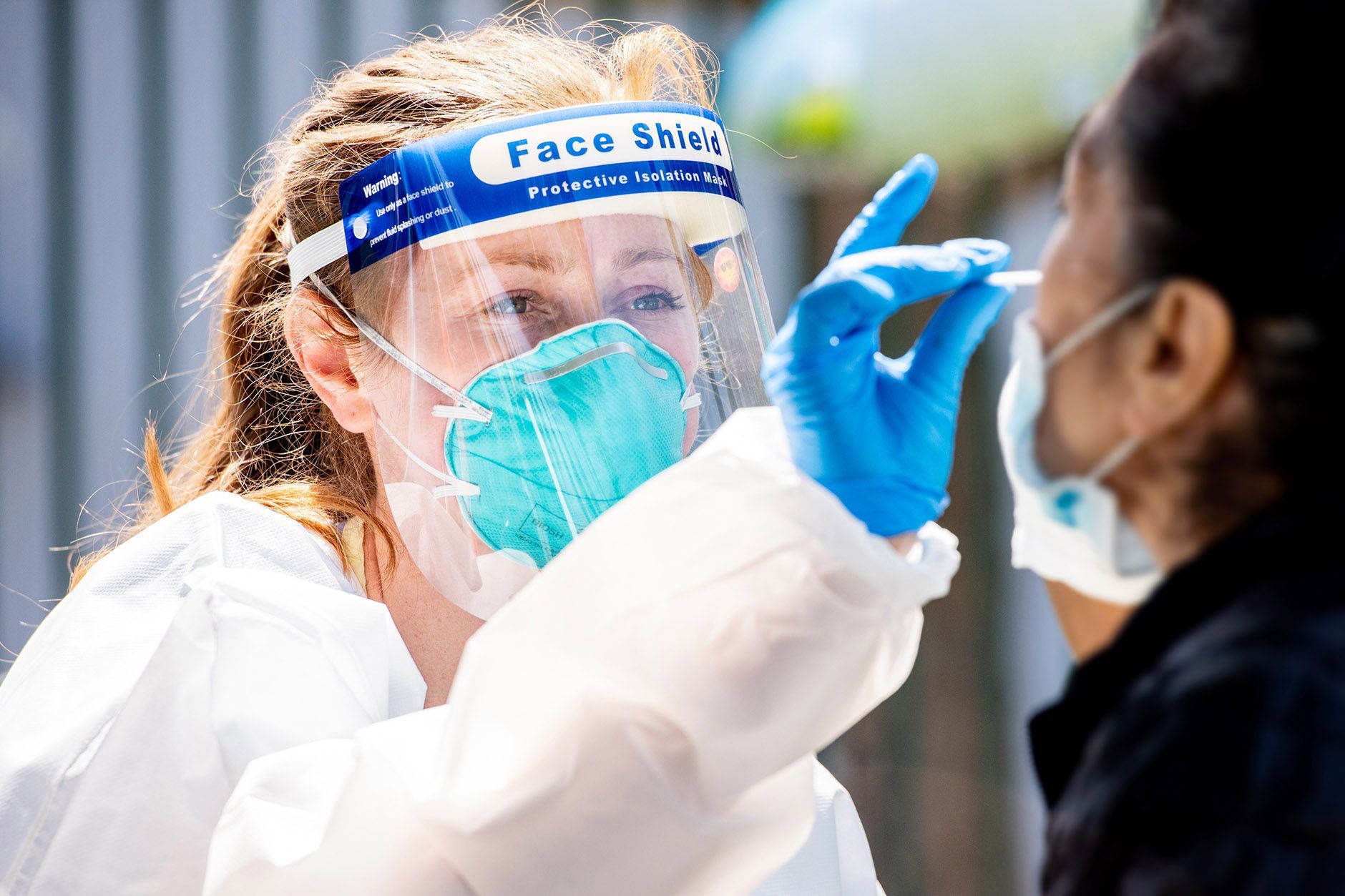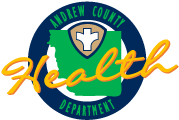
The Andrew County Health Department, in collaboration with MOSAIC Medical Center-Maryville Savannah Clinic and Northwest Health Services, will be providing COVID-19 testing for 150 residents on Friday, May 22, 2020. Residents must be 14 years of age or older with proper consent. An additional testing clinic will be arranged if capacity is reached. Symptoms will not be required to get a test. The testing will involve using a swab to take a sample from inside the nose and can be uncomfortable.
The Andrew County Health Department, in collaboration with MOSAIC Medical Center-Maryville Savannah Clinic and Northwest Health Services, will be providing a second COVID-19 testing clinic for 150 residents on Friday, May 29, 2020. Residents must be 14 years of age or older with proper consent. Symptoms will not be required to get a test. The testing will involve using a swab to take a sample from inside the nose and can be uncomfortable.
Testing will be completed for the first 150 residents who preregister
at: https://dcphdo02redcap.azurewebsites.net/redcap/surveys/?s=FAMNRL3LF7
No ability to register online? Call the Missouri COVID Hotline to register at:
1-877-435-8411
Preregistration is required for testing. Location and time will be provided at completion of registration. This is active COVID-19 testing and not antibody testing. There is no fee for this testing clinic.
This institution is an equal opportunity provider.
###




